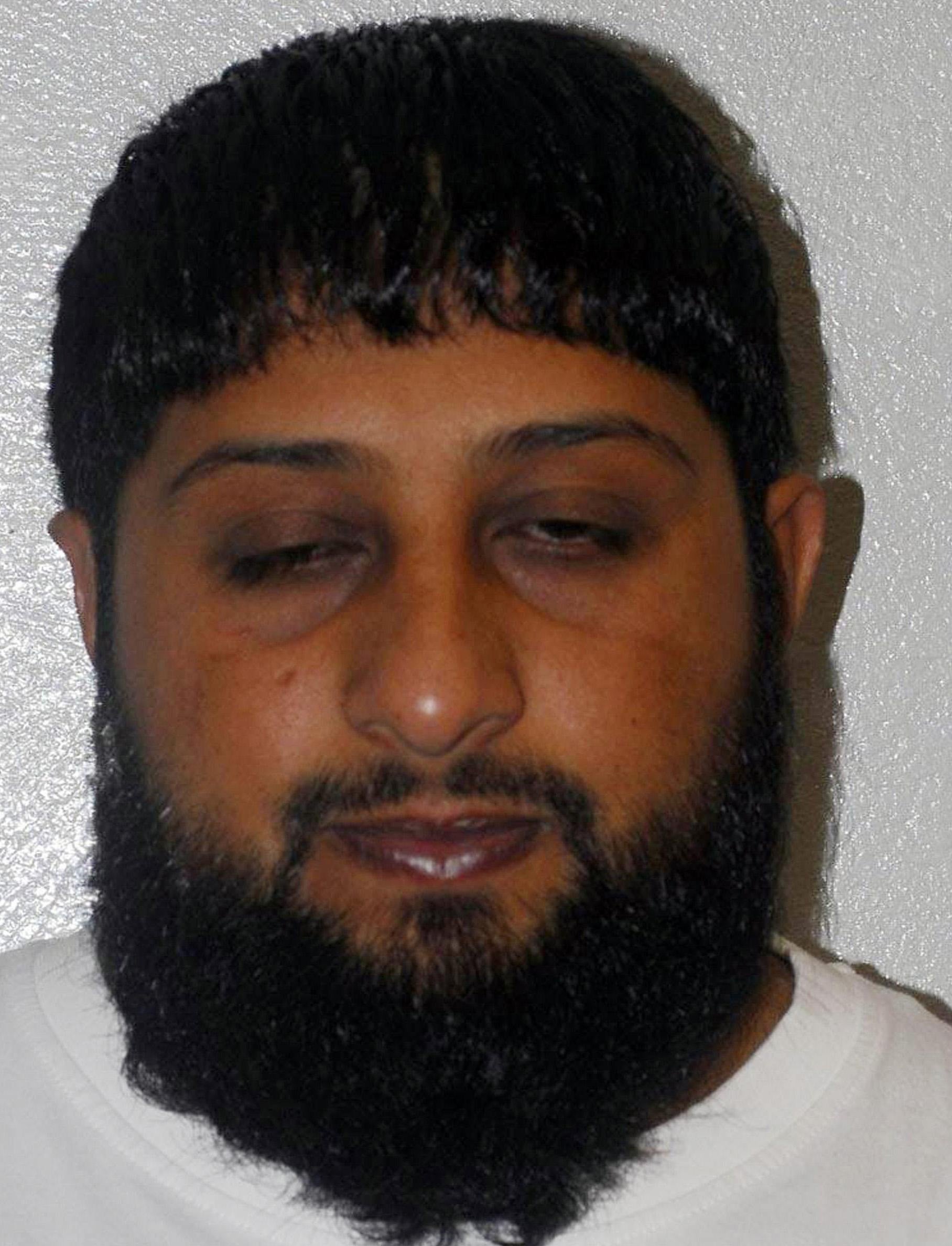Terror boss who plotted mass murder denied parole
Rangzieb Ahmed, 47, was the first person to be convicted in the UK of directing terrorism.

Your support helps us to tell the story
From reproductive rights to climate change to Big Tech, The Independent is on the ground when the story is developing. Whether it's investigating the financials of Elon Musk's pro-Trump PAC or producing our latest documentary, 'The A Word', which shines a light on the American women fighting for reproductive rights, we know how important it is to parse out the facts from the messaging.
At such a critical moment in US history, we need reporters on the ground. Your donation allows us to keep sending journalists to speak to both sides of the story.
The Independent is trusted by Americans across the entire political spectrum. And unlike many other quality news outlets, we choose not to lock Americans out of our reporting and analysis with paywalls. We believe quality journalism should be available to everyone, paid for by those who can afford it.
Your support makes all the difference.A terror boss will remain behind bars after being denied parole.
Rangzieb Ahmed, 47, was the first person to be convicted in the UK of directing terrorism.
The Rochdale-born Muslim was jailed for life with a minimum of 10 years in 2008 for planning a terror attack.
In its written decision, the Parole Board said that while Ahmed had engaged with an accredited programme to address extremist offending, as well as with religious leaders, concerns had been raised about his “attitudes, beliefs, and behaviour” in custody.
The Parole Board panel considered evidence from Ahmed’s probation officers, prison officials, psychologists, a former police officer, a professor of Arabic, and Ahmed himself.
The panel also examined a proposal for Ahmed to live in “designated accommodation” with strict limitations placed on his contacts, movements, and activities.
However, they decided that the plan was not “robust” enough to manage Ahmed in the community.
He will be eligible for another parole hearing in future.
At Ahmed’s 2008 trial, the jury heard how he headed a three-man al Qaida cell which was preparing to commit mass murder.
Counter-terrorism chiefs were not sure where Ahmed was planning to strike, but were convinced an attack was imminent, his trial heard.
His scheme was revealed with the discovery of three diaries, which were found to contain details and phone numbers of key al Qaida operatives written in invisible ink.
He later sued MI5 and MI6 for alleged collusion in his torture by Pakistani intelligence, but last year had his damages claim thrown out by the High Court.
Ahmed had claimed he was tortured at the hands of Pakistan’s Inter-Services Intelligence (ISI) agency while detained between 2006 and 2007, before being deported to the UK and charged with terrorism offences.